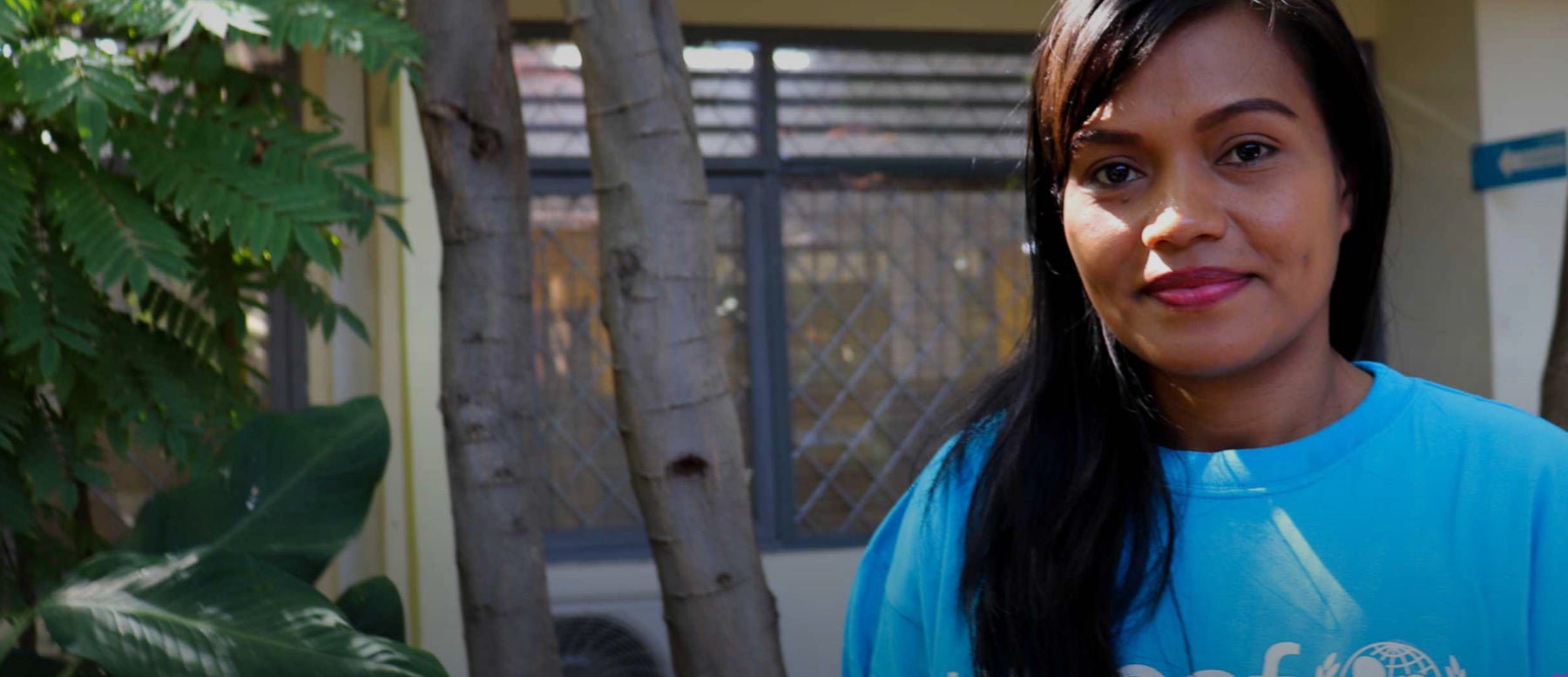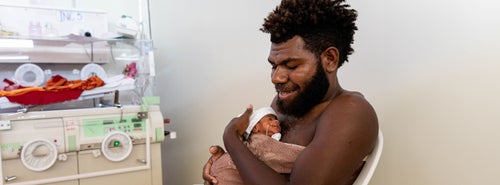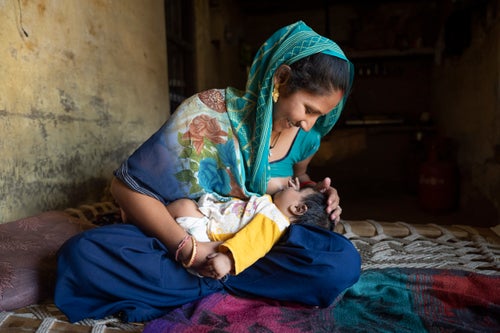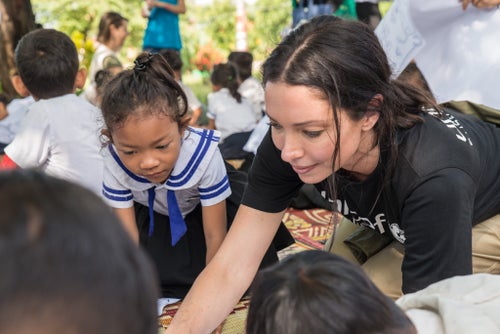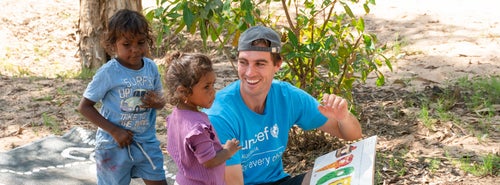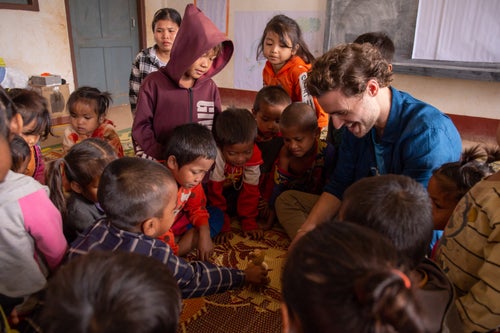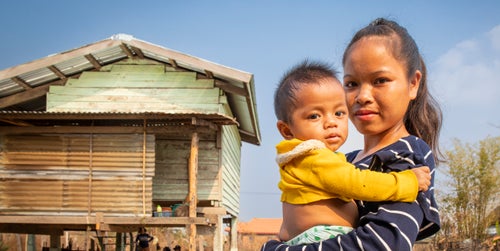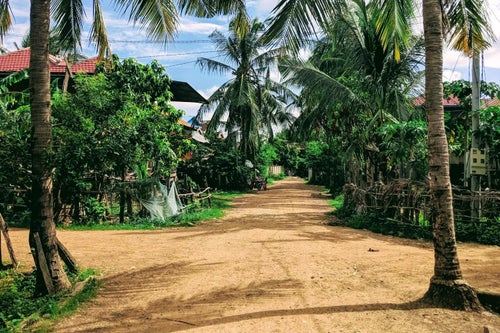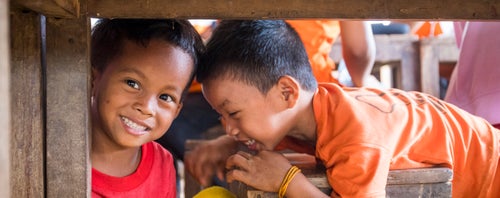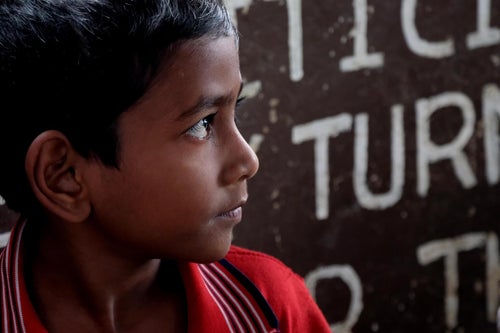UNICEF Timor-Leste Health Officer Jonia has had three pregnancies, but her second child - a boy - passed away after just one day.
Prone to pre-eclampsia, Jonia has had all three children by caesarean-section.
In the middle of the surgery for her second pregnancy, the power at the hospital went out.
"I was at the hospital for an ante-natal check-up, and it was found that my blood pressure was too high, so I was admitted for over a week for close monitoring. Finally, the decision was made to operate."
"At that time, there was power outage in the hospital, so they had to use a generator to provide power to operation theatre unit, haemodialysis unit, intensive care unit and the paediatric ward."
"The generator couldn’t sustain the four wards.”
With no other option available, the surgeons finished Jonia’s stitches by the torch light of a mobile phone.
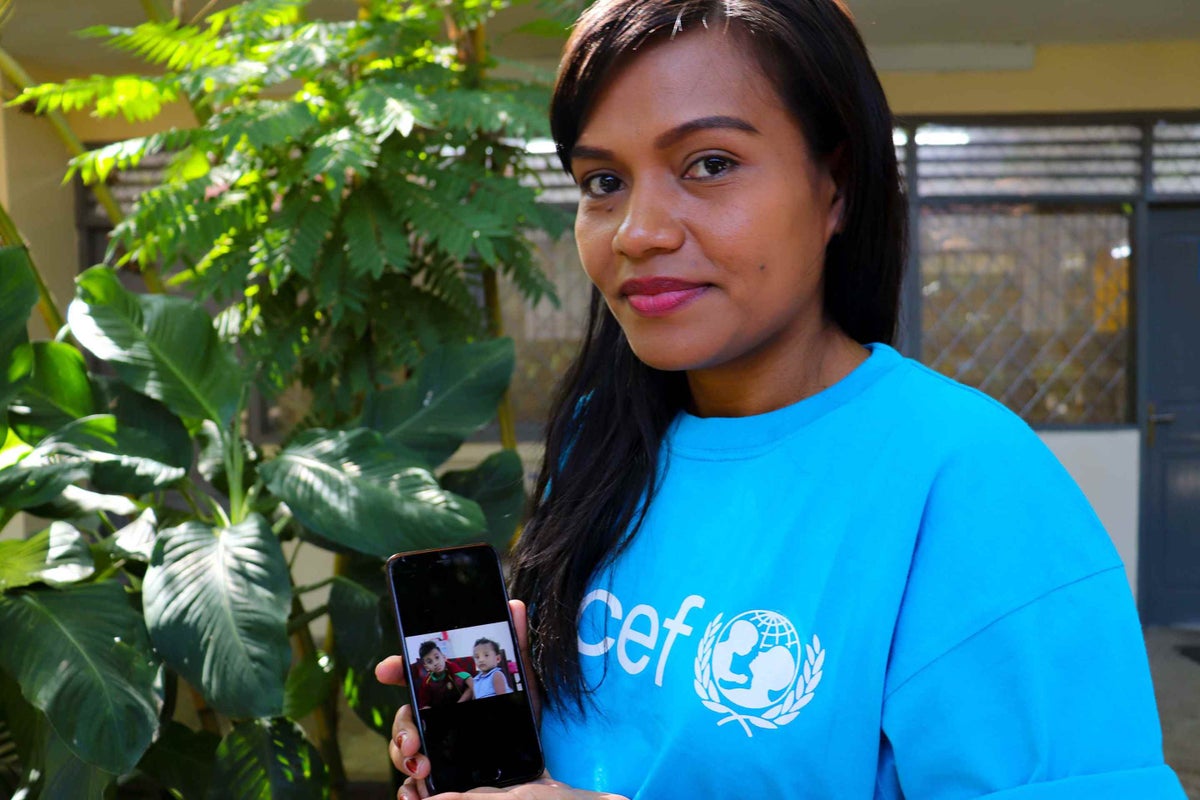
Because the power had gone out the incubator wasn't working, meaning her premature newborn son couldn't be kept warm enough. He passed away after one day.
Jonia says that if the program she is working to implement now was running then, her baby could have survived.
"[My neonatologist] said that if the power had been on, then the incubator would have worked, and my baby could have been saved."
He would be four years old now.
In her role working in the Timorese health sector, Jonia has returned to the same ward and is already seeing improvement: when she visited in February 2019 for her work with UNICEF, all the incubators in the ward had been replaced, and the new ones, funded by the Government of Japan, were working – meaning they are now saving the lives of premature newborns just like Jonia’s baby boy.
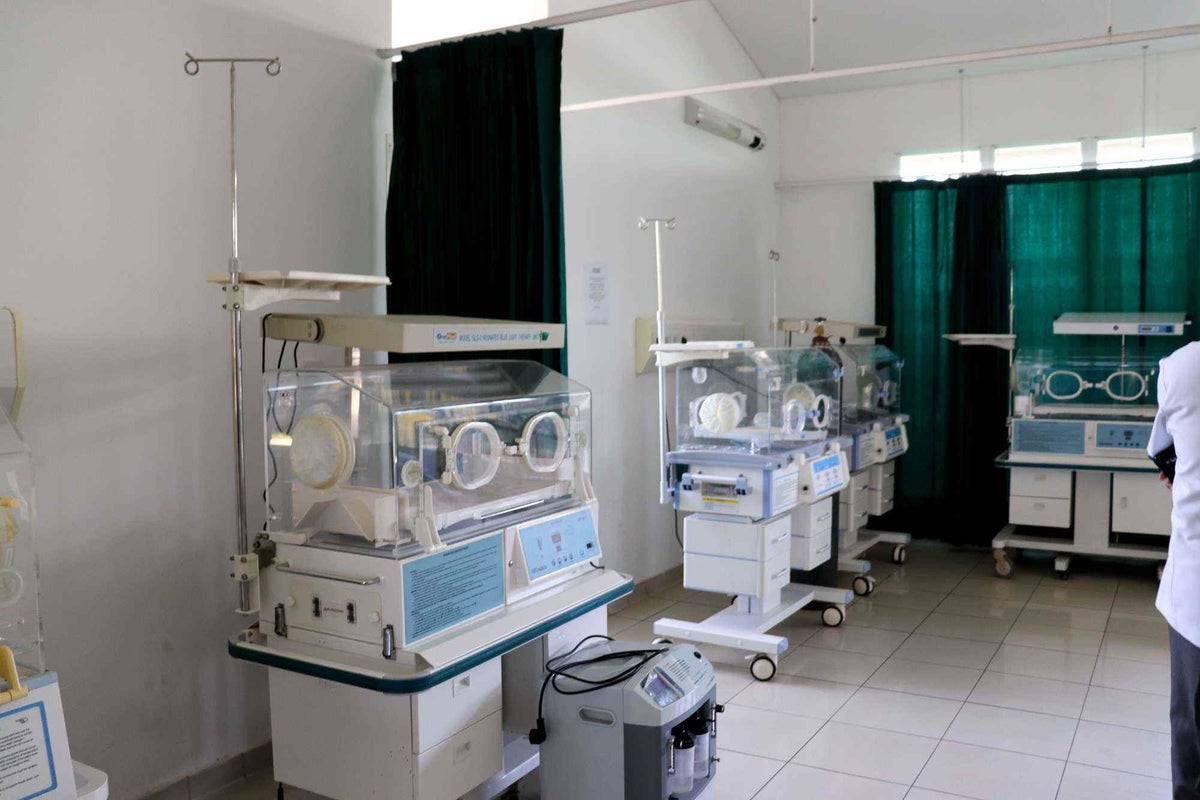
Pre-eclampsia is one of the more common medical conditions women around the world can experience during pregnancy, causing high blood pressure and kidney dysfunction. Without medical care, severe cases can be life-threating for both mother and baby.
In Australia, this is one of the reasons a nurse checks your blood pressure during your regular check-ups when pregnant.
Healthcare in Timor-Leste is free, but the reality is many families live too far from health centres and can’t afford the cost of travelling to clinics.
"Timor-Leste is a mountainous region. Many communities live very far from the health facilities. If the distance from their home is too far, it may prevent them from coming,” explains Jonia. "Even worse, during the rainy seasons, the river may flood and if there’s no access to a bridge, they can’t come to health facilities."
This means women often do not seek healthcare until it’s too late. When they do arrive, the complications may be so severe they can’t be treated at local level health clinics and they need to be referred hours away by poor roads to a hospital.
The sad reality is many mother and babies are too far from help to be saved.
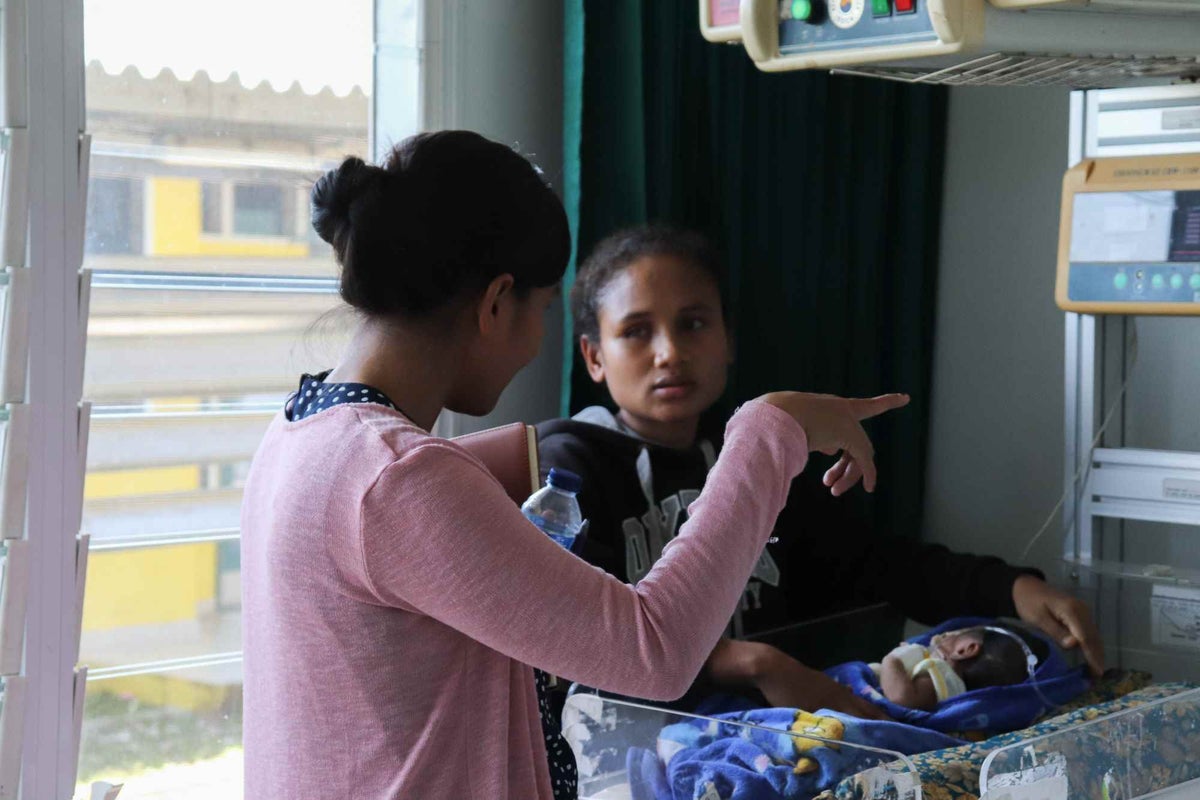
Jonia says if she lived in a rural area she may well have been one of the many women in Timor-Leste who die during child birth.
"When I visit the health clinics, I find that there are high number of pregnant mothers who have died of pre-eclampsia and its complications," she explains.
"I survived throughout my three pregnancies because I live in the capital where I can easily access the healthcare I need, compared to those mothers living in rural areas who have also suffered from pre-eclampsia."
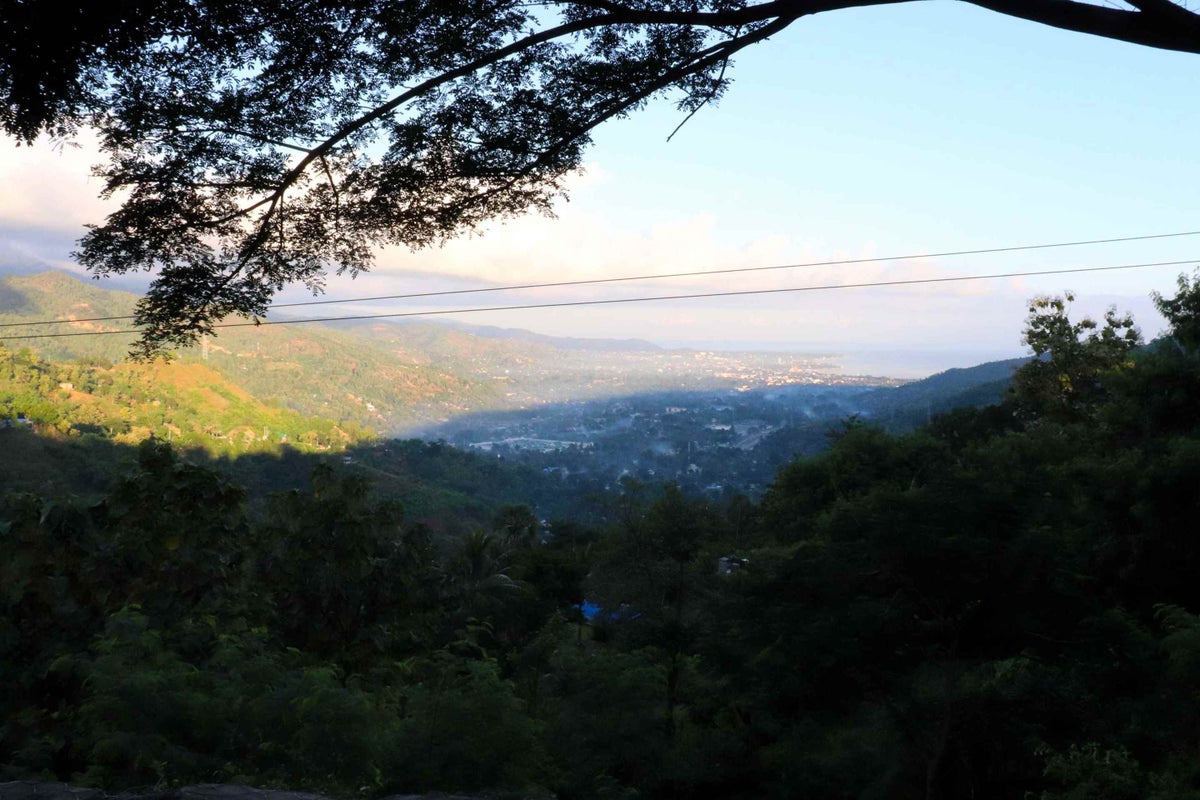
Jonia’s story is sadly not unusual. Even within her own family there is another story of the dangers of giving birth in Timor-Leste.
"My Aunty lived in the village and refused to come to health facilities because of the long-distance travel."
"She was assisted by the traditional birth assistant during labour. Unfortunately, she passed away, but her baby survived."
The family tried to take her to the community health centre, but it was already too late.
"It was very painful [for her]. She tried very hard to push her baby out, and they saved the baby. We were told that she died because she had so much bleeding after delivery due to a ruptured uterus."
Timor-Leste has some of the worst neonatal and maternal death statistics in the Southeast Asia region. Currently for every 1,000 babies born, 19 newborns die.
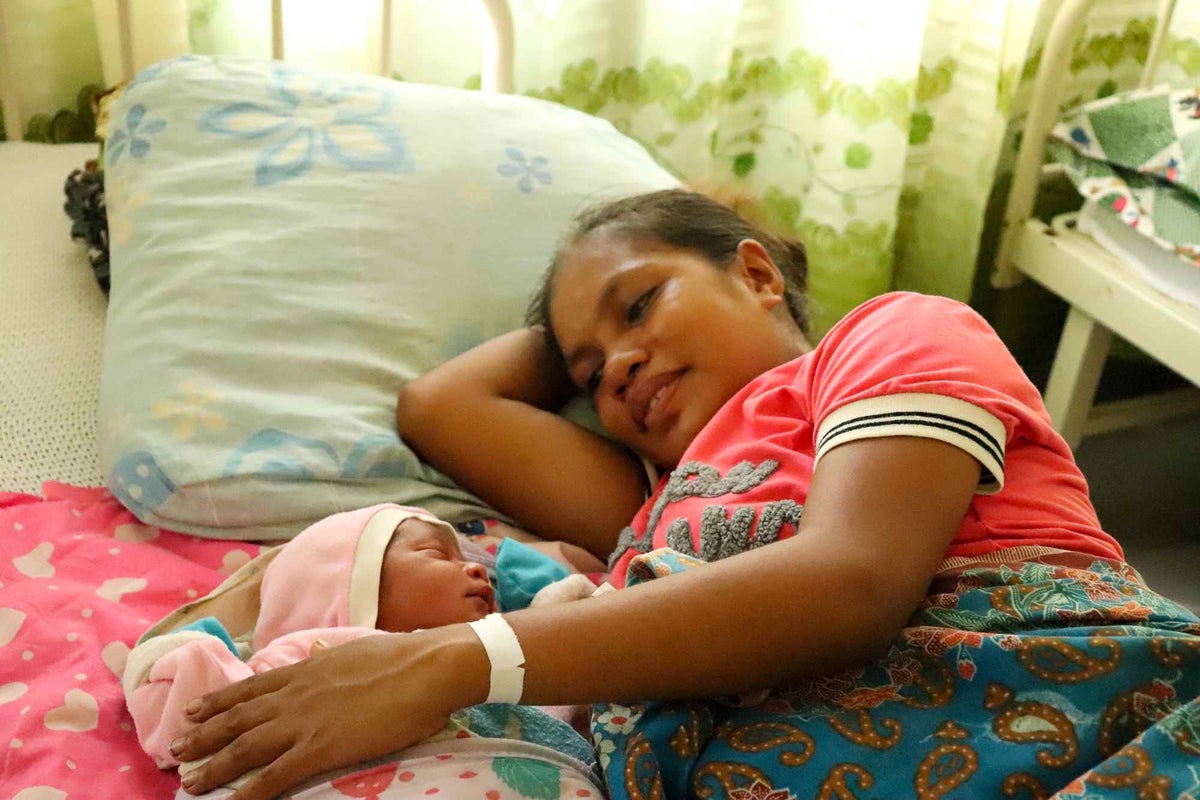
Jonia’s mother was a nurse, something she says inspired her to work in healthcare. She is pharmacist by background and recently joined UNICEF Timor-Leste.
"Knowing that many pregnant mothers die during childbirth, I wanted to work in this area to provide preventive measures to the public so that more lives can be saved, as well as to improve their health."
"Working with UNICEF provides me the platform to do this work through the Continuous Quality Improvement program."
Jonia says that while she has seen significant progress, there is still more to do to ensure more mothers and babies receive the quality of healthcare they deserve.
"We still have a lot to do to ensure that every woman, newborn and child receives the best quality of healthcare they need, but with the high commitment of health teams at the health facilities I believe we can further accelerate the reduction of maternal, neonatal and child mortality."
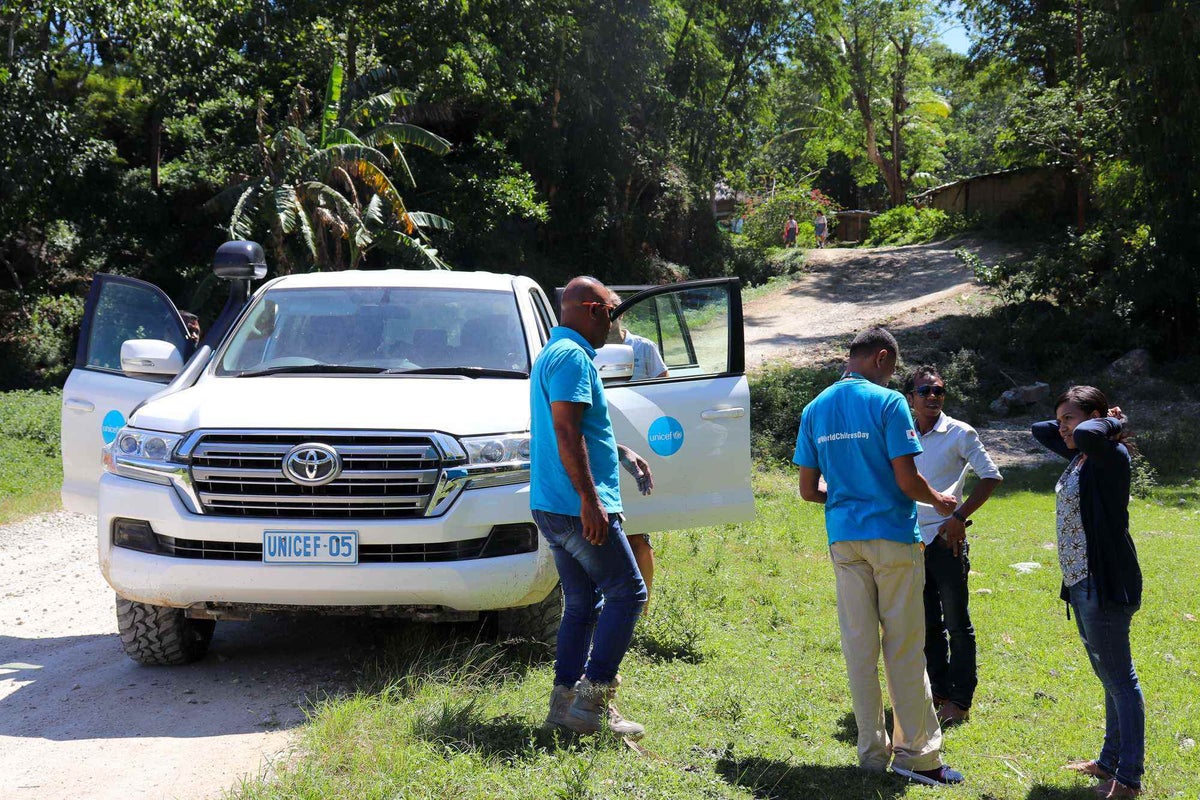
From midwives to public servants, health volunteers to doctors, the Government and people of Timor-Leste are working hard to improve the country’s health system and the infrastructure that supports it – electricity, roads and water systems.
For a young country, still emerging from decades of occupation, civil war and unrest, it’s a big task.
This project supports the Government of Timor-Leste through UNICEF’s Continuous Quality Improvement program, providing technical assistance and funds to support training for health staff, supply equipment and improve clinics and health posts in regional and remote areas.
The project is supported by generous Australian donors and the Australian Government through the Australian NGO Cooperation Program.
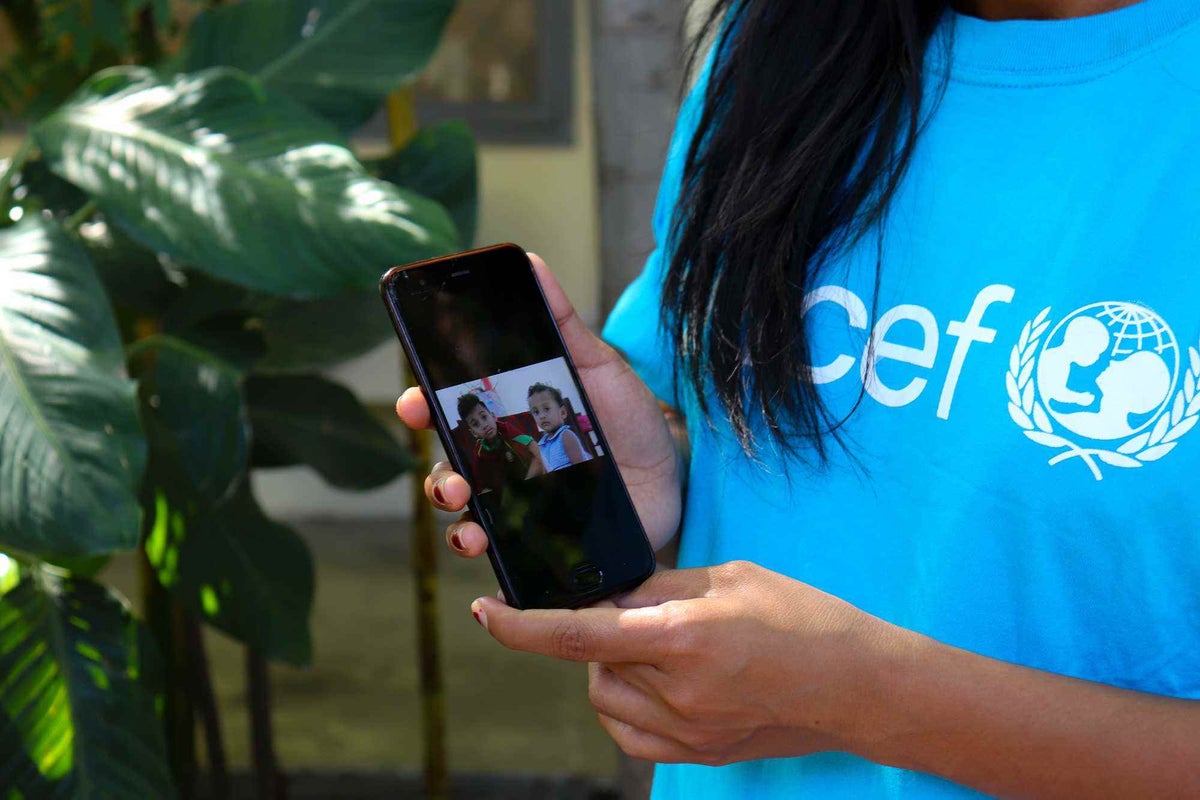
Related articles
Stay up-to-date on UNICEF's work in Australia and around the world



